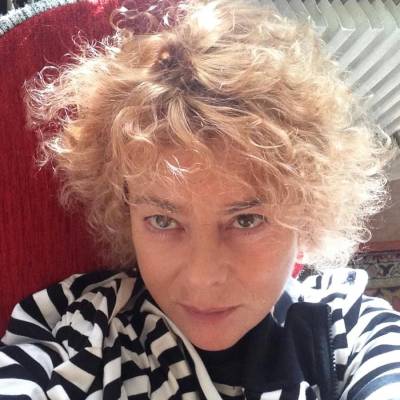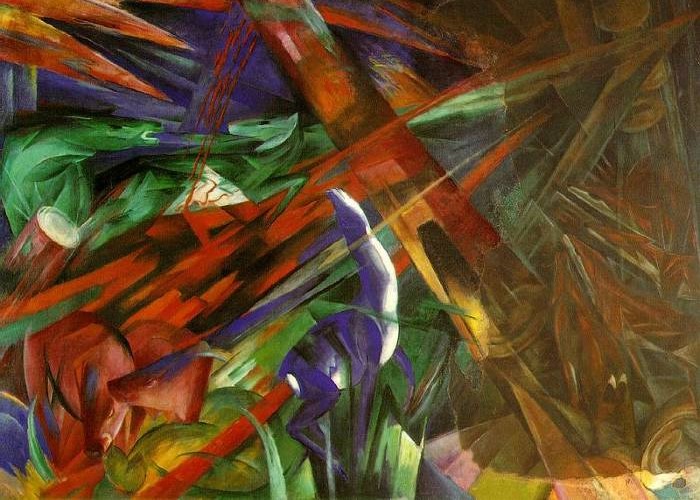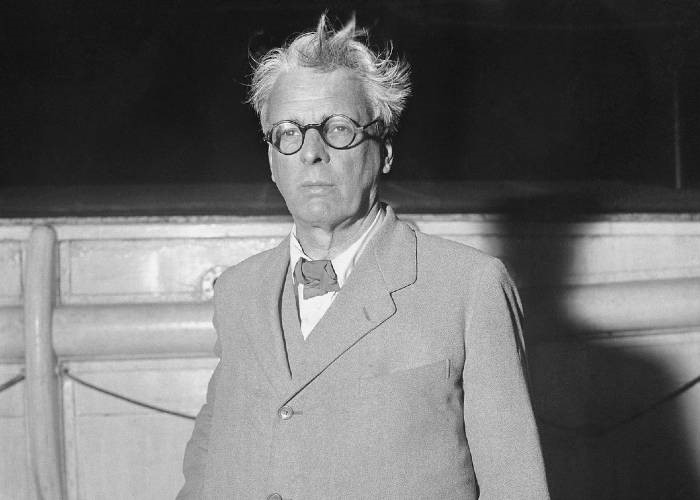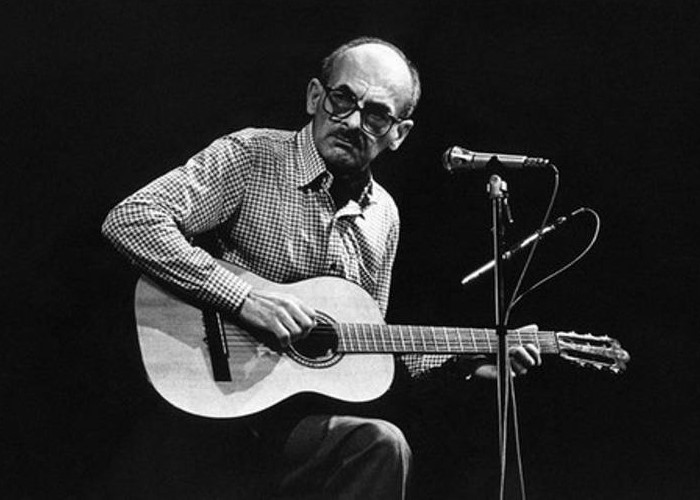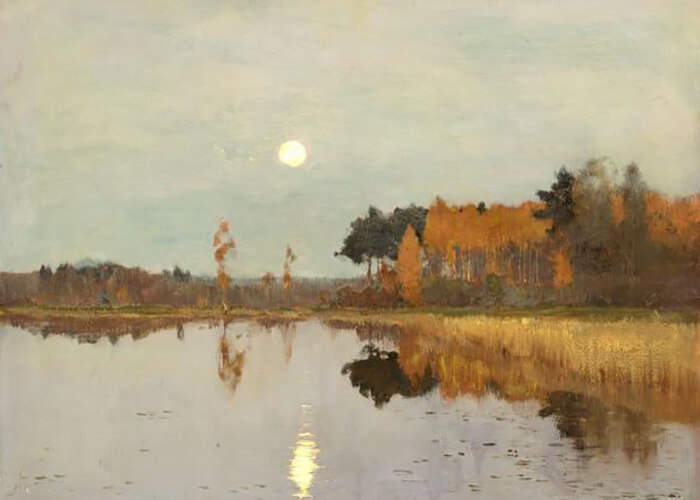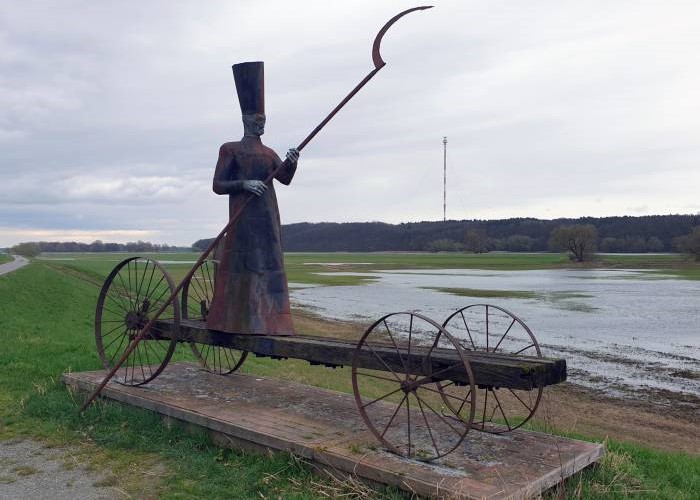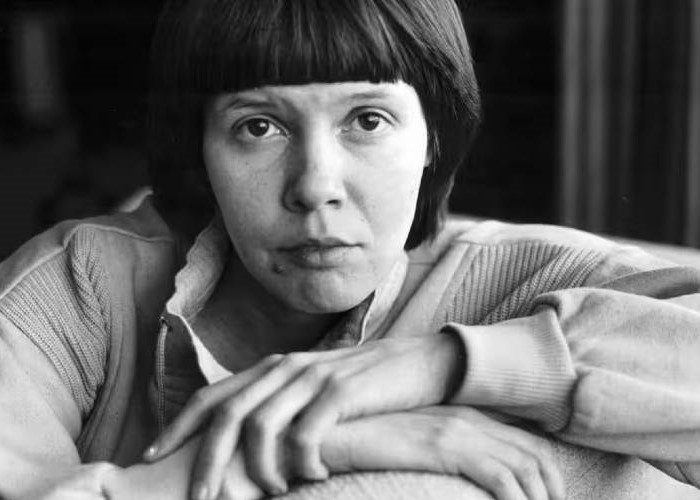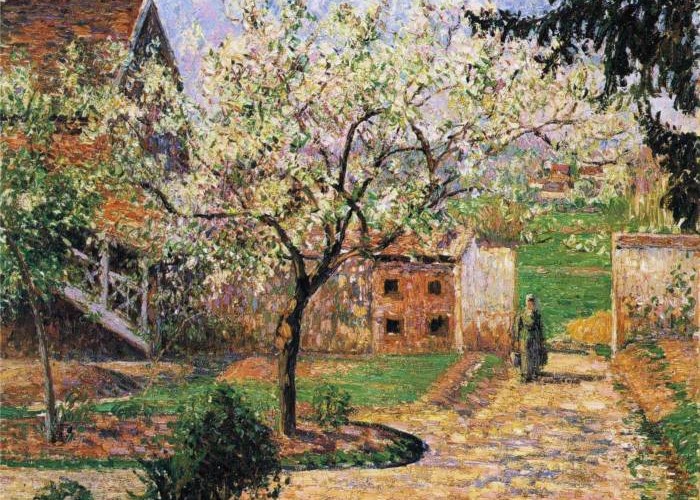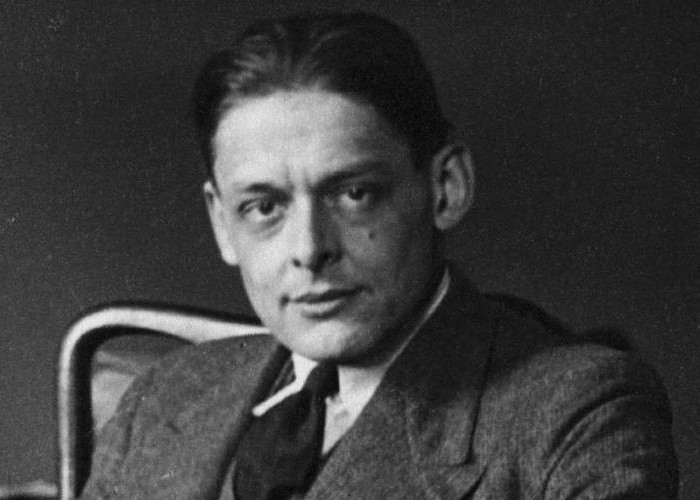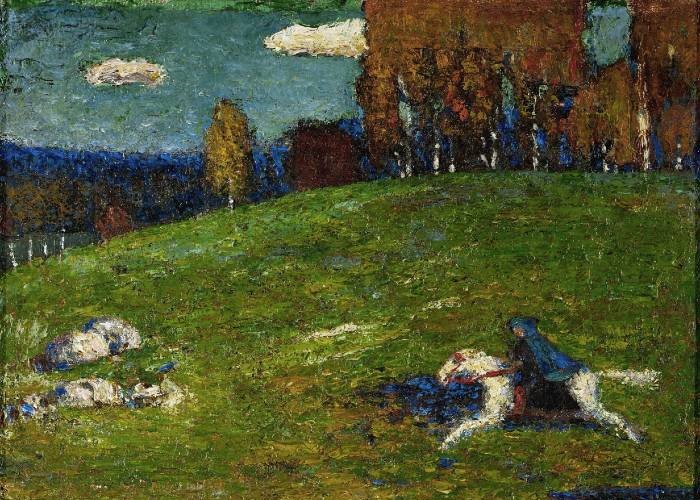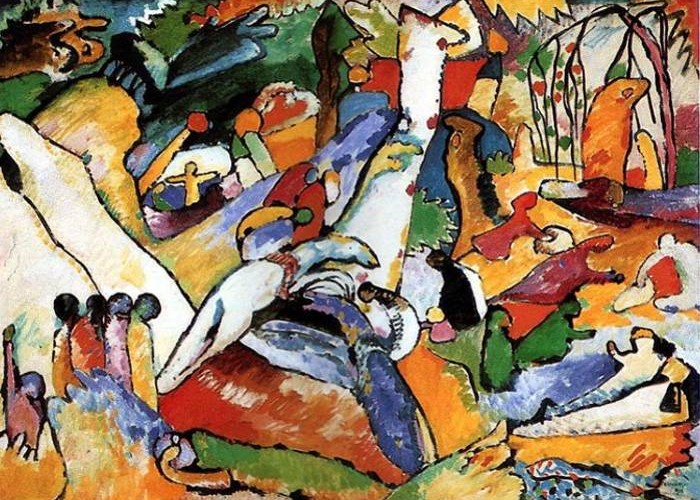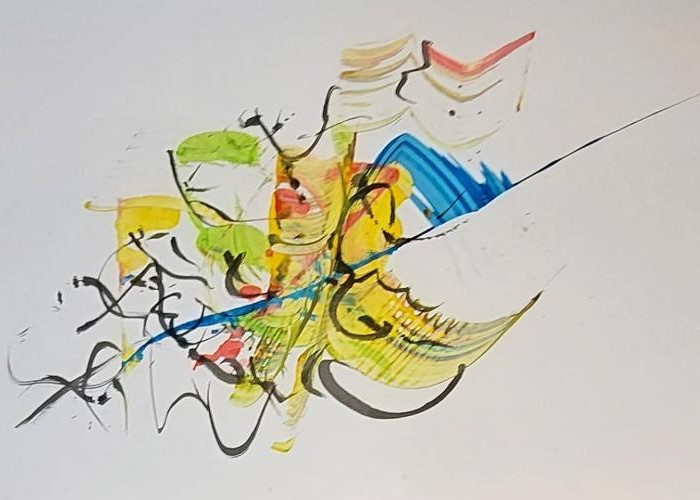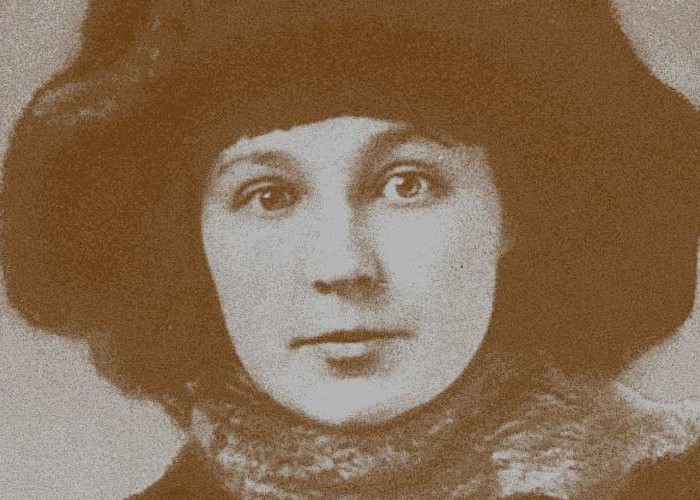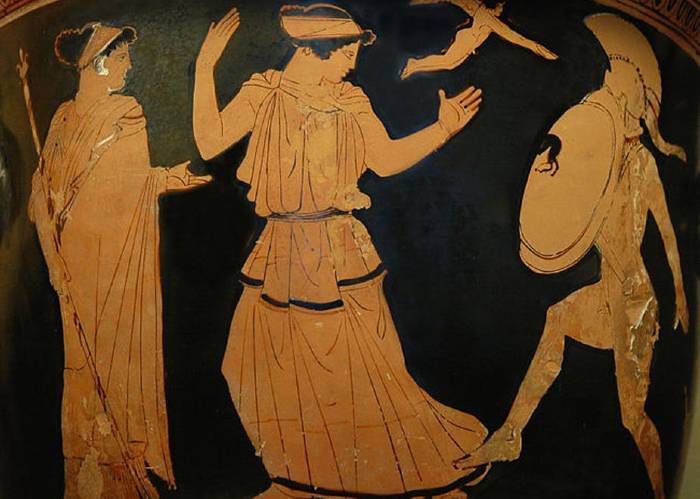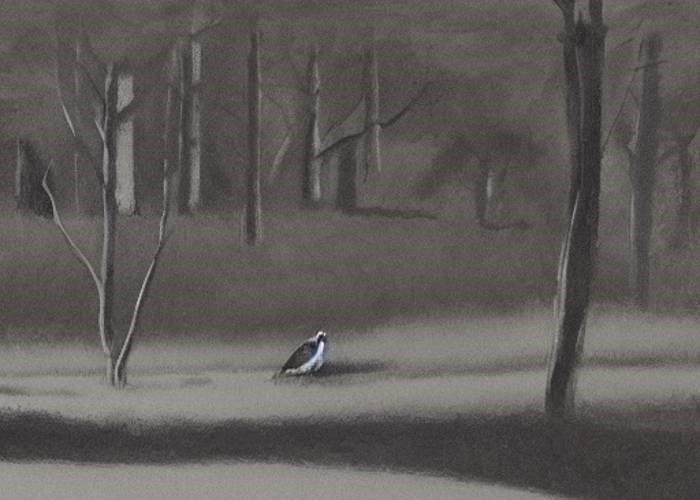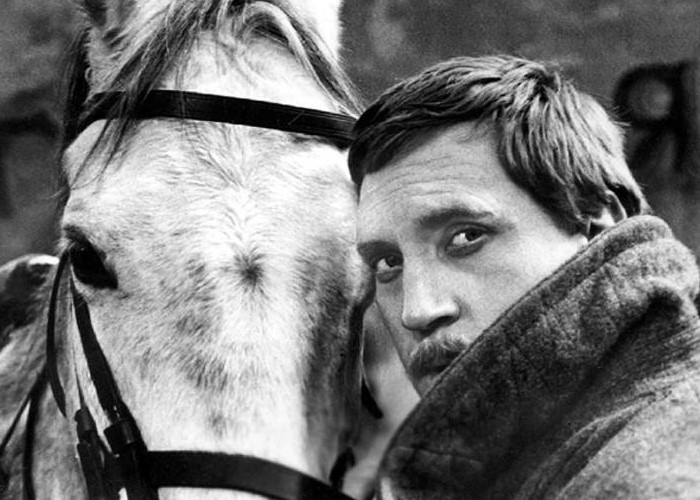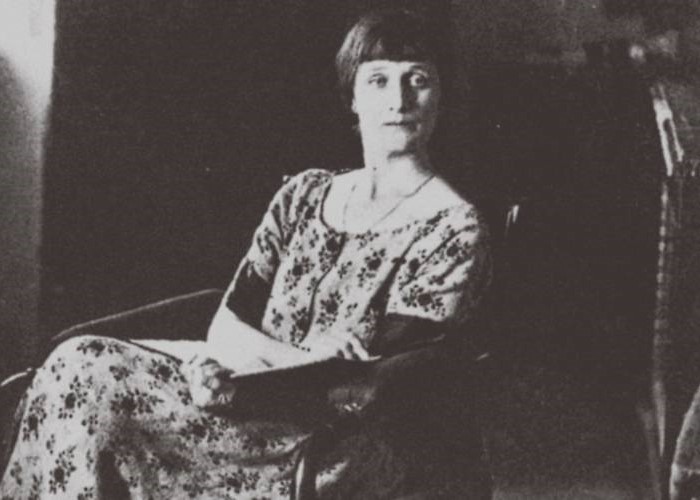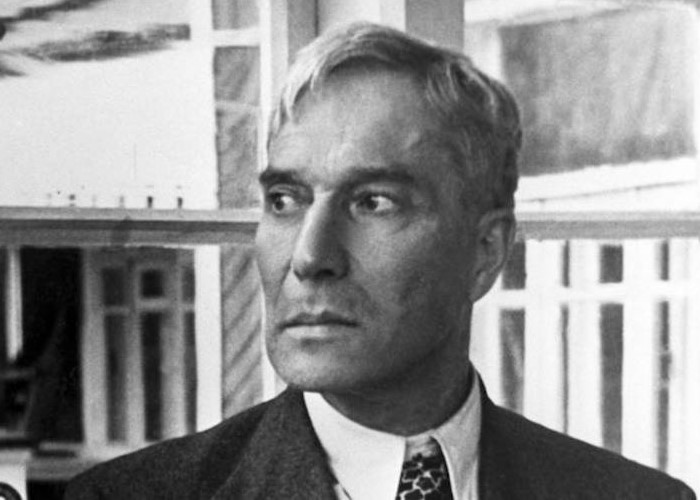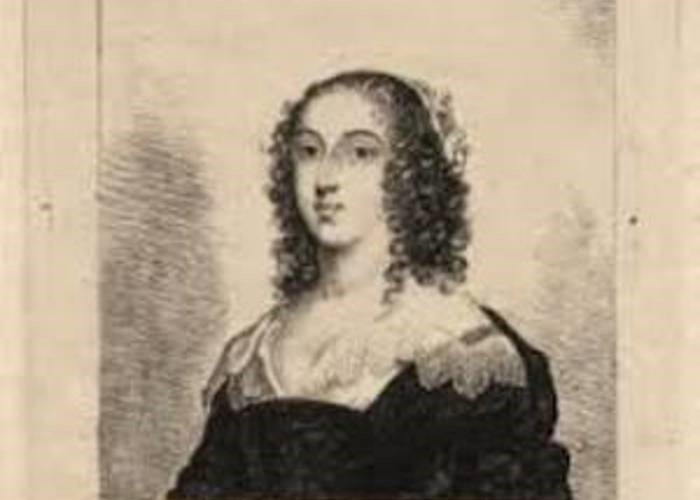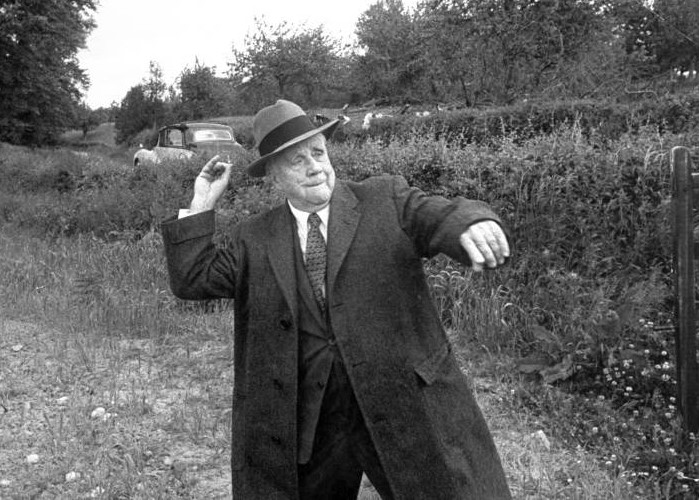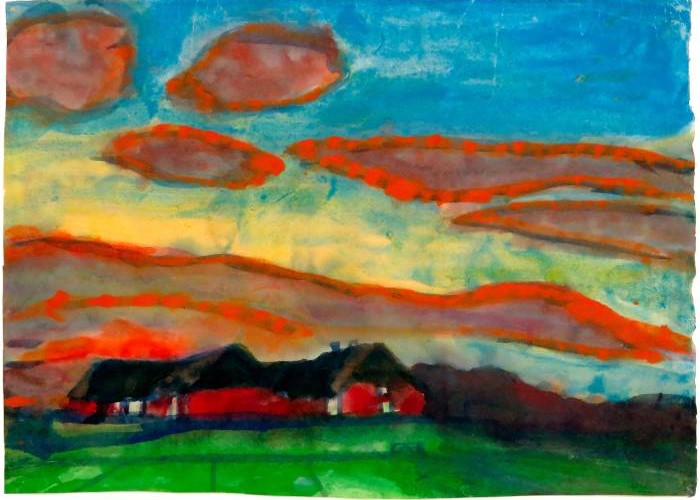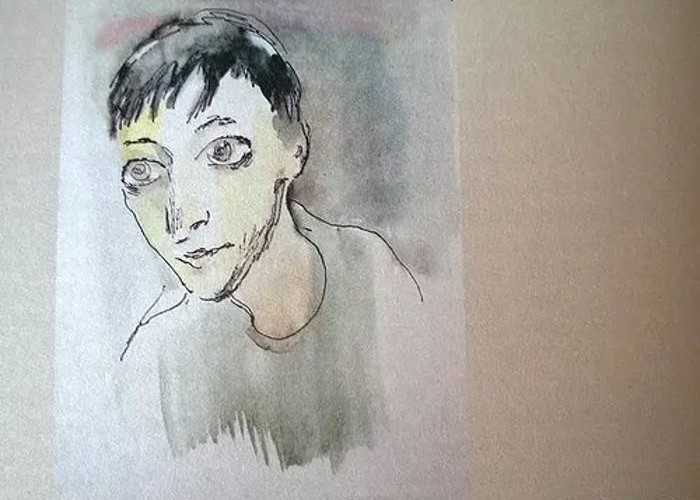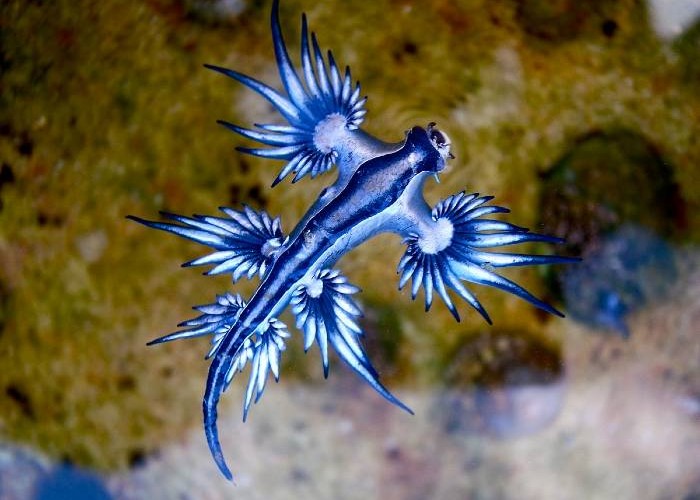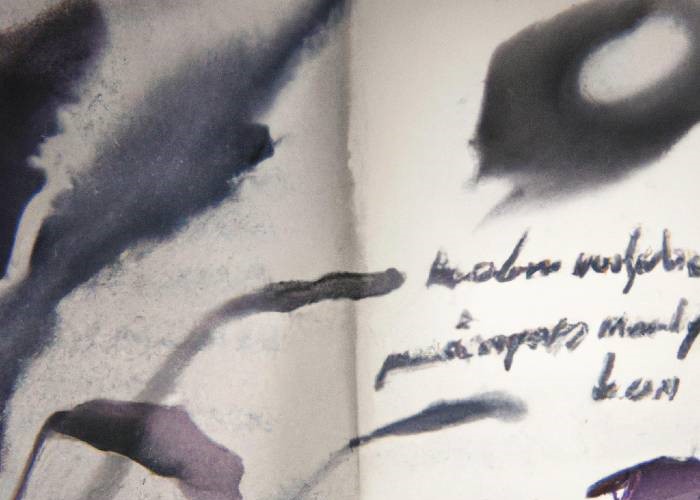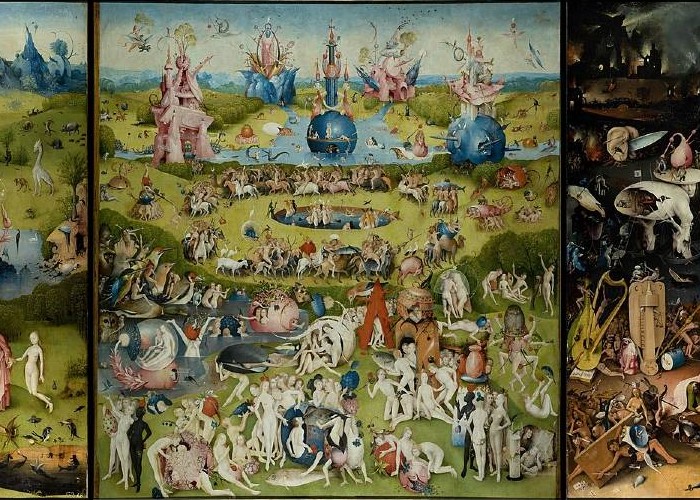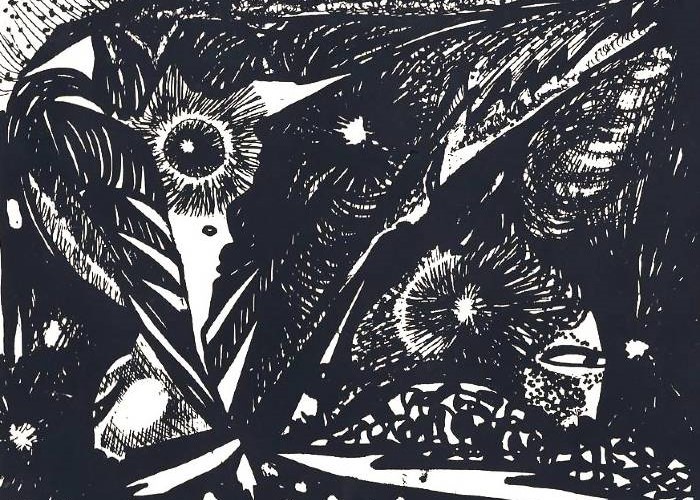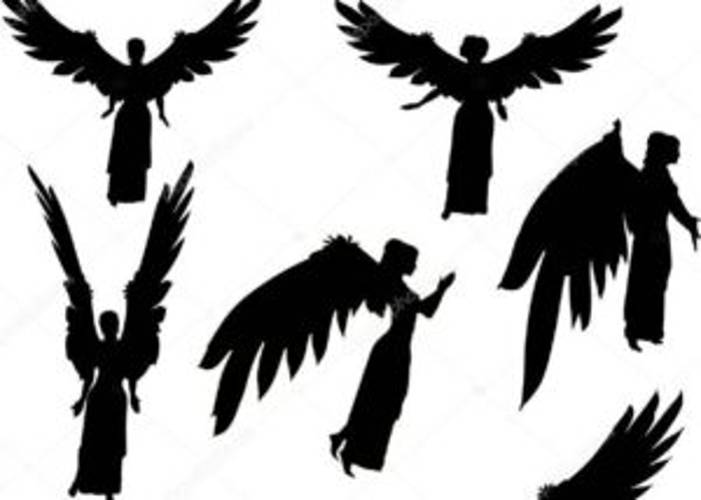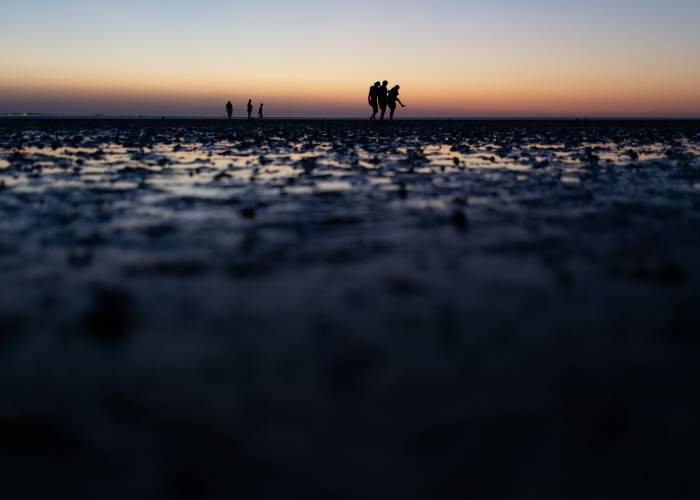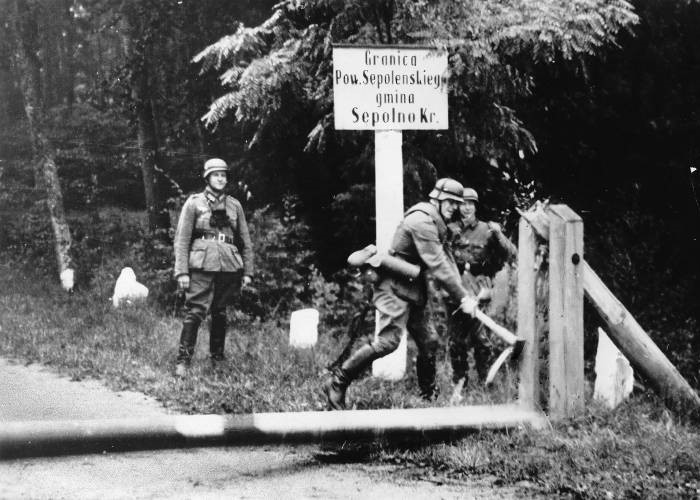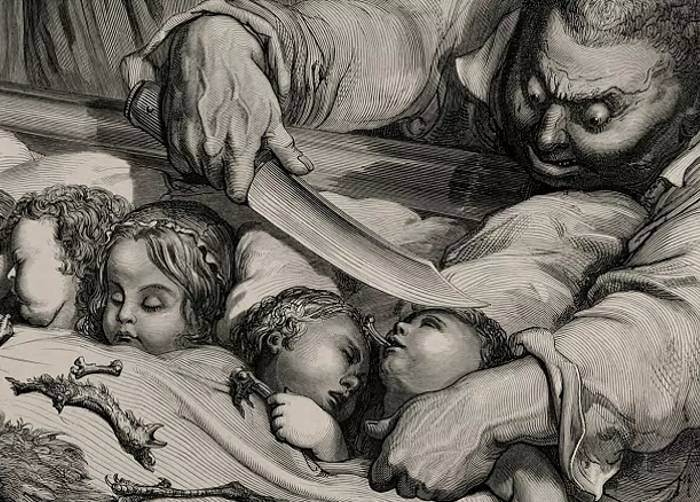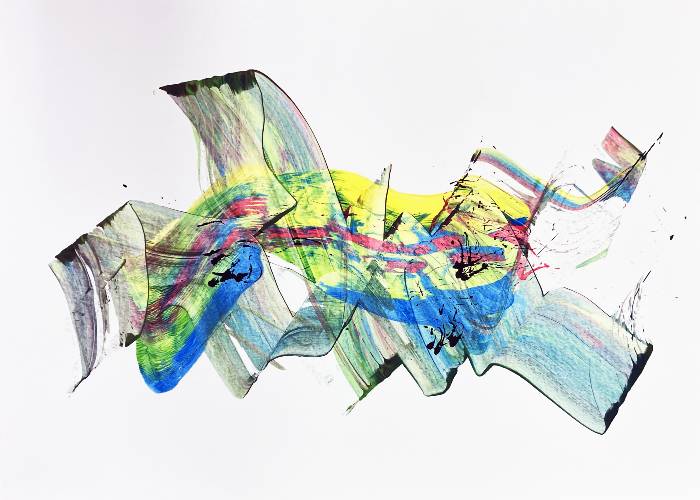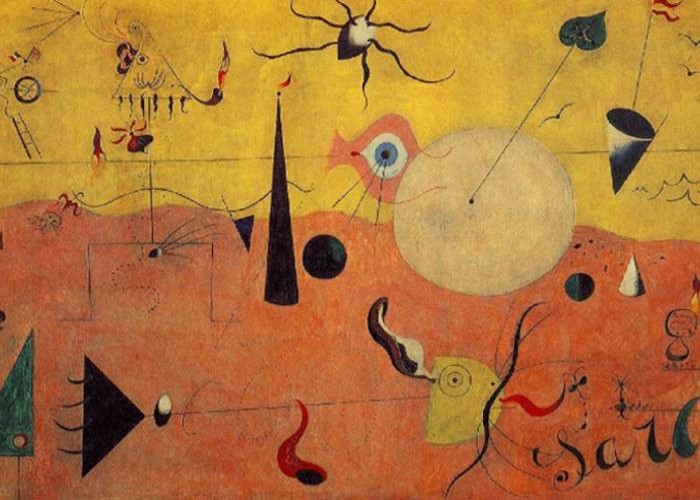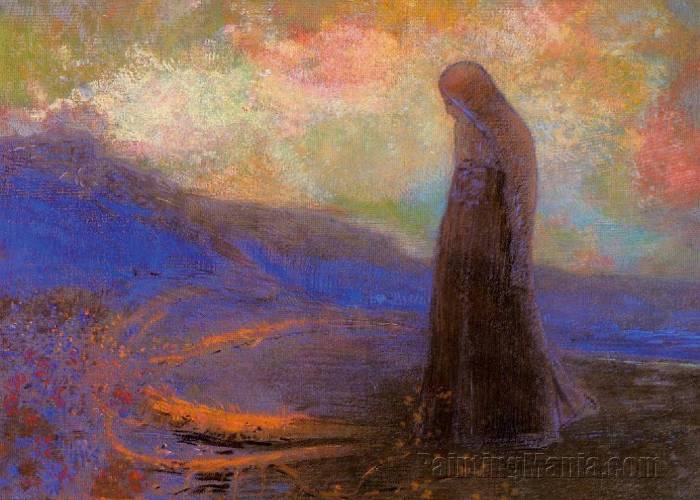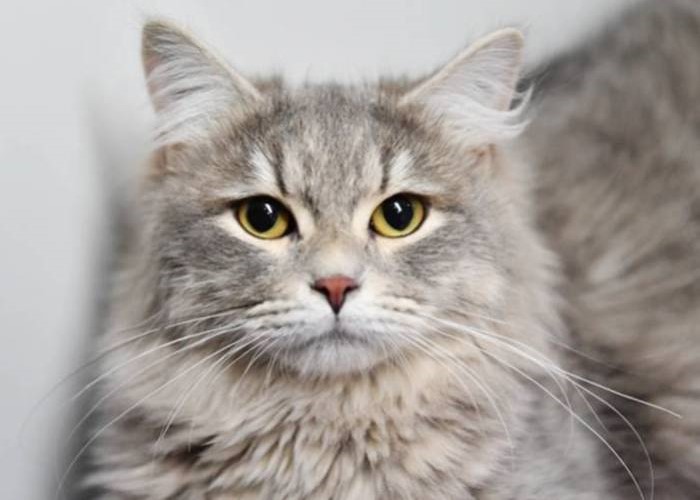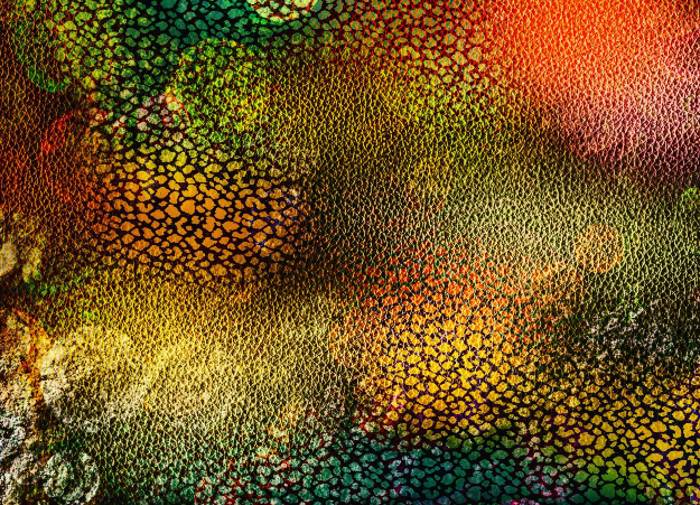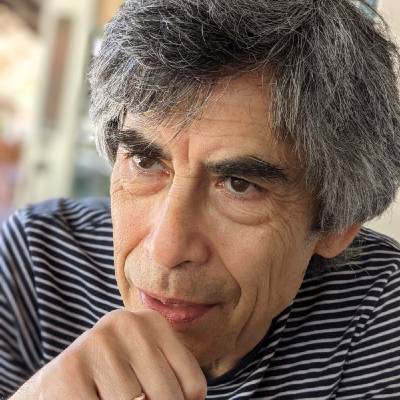Don’t beg of the king, don’t believe your kin,
they’ll squeal in a whiff,
that’s the way your fair land has always been:
every fifth man a thief.
Which one will rob you, what kind of scum –
what the hell do you care?
Live like a bum, feed the sparrows bread crumbs
on the bench in the square.
Be careful broadcasting someone else’s words,
be it a prankster or hypester,
because in this kindly country of yours
every third man’s a sniper.
Like a little spider he skirts the roof flirting
with the heat of July,
so the bullet would meet in a kiss the furtive
pupil of your eye.
And while you drink wine, scratch the void of your brow,
babble merrily,
a golden bullet is darting around
like a busy bee.
Lie low like grass, like spit on the floor,
like a stain on the rag,
because in this peaceful country of yours
everyone’s in the gulag,
wiretaps in lapels, microchips in the napes,
the headlines are deadly,
and the kapo on a roadside billboard waves
to you, smiling gently.
The Original
Не проси у власти, не верь родне:
сват продаст и шурин,
потому что в честной твоей стране
каждый пятый – шулер.
Кто из них твои отберет гроши,
наплевать обиде.
Будь, как бомж: сухарь воробьям кроши,
на скамейке сидя.
Стерегись вещать на чужой волне,
пранкер или хайпер,
потому что в доброй твоей стране
каждый третий – снайпер.
Он по крыше катится паучком
сквозь жару июля,
чтоб совпала с беглым твоим зрачком
в поцелуе пуля.
И пока скребешь пустоту чела,
пьешь вино, болтая,
над тобою носится, как пчела,
пуля золотая.
Затаись плевком, пузырьком на дне,
следом на газоне,
потому что в тихой твоей стране
каждый первый – в зоне,
где в затылках – чипы, “жучки” – в кашпо,
смертоносна сводка
и с билбордов машут тебе капо,
улыбаясь кротко.
